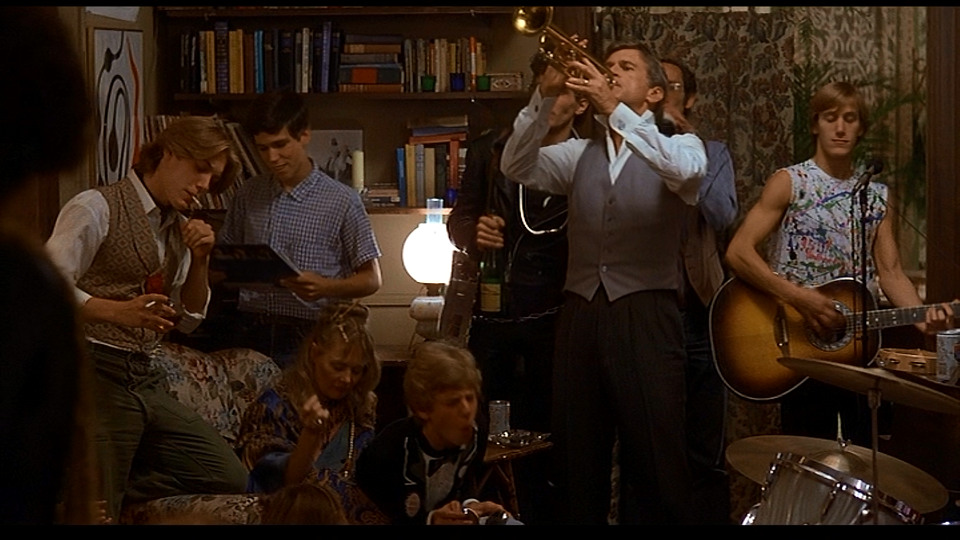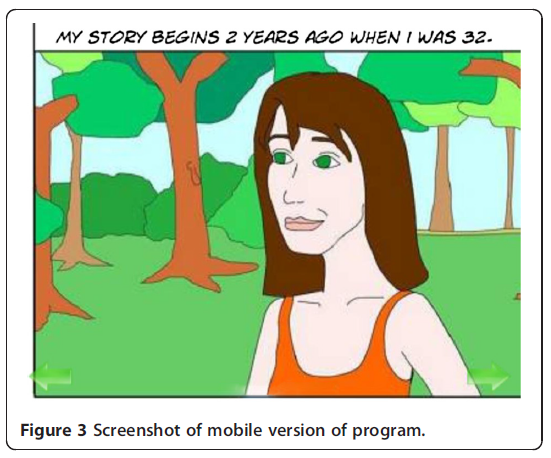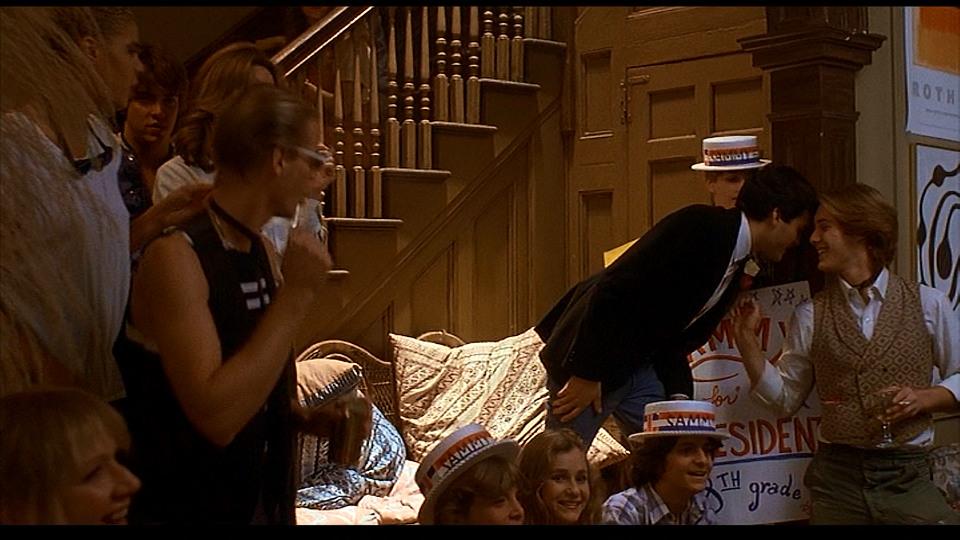|
 |
| Health background |
Mental illness is hard to treat
|
Smartphones can help because they can effortlessly monitor multiple aspects of their health
- Built-in sensors: Global Positioning System (GPS), accelerometer
- Manual user input: mental and social dimensions
- Generic phone activity: number of times phone is unlocked
|
| Other apps |
Other apps include
- Ubifit: automatic recording of walking, running, cycling, and allows user to self-monitor their exercise routines
- MoodRhythm: allows bipolar disorder patients to self-track their physical activity, sleep, and find out how changes in their routines affect how they feel
- Optimism App: monitors depression, and lets bipolar patients log self-reported mood, activities including exercises and quality of sleep, and other depression symptoms
|
| Theoretical background |
- In counselling sessions, therapists often ask patients ask patients to recall events, and then help those patients understand the connections between the events in their daily routine and their health with patient handbooks and other education materials
2010_Prociow
- This status quo treatment can be improved by continuous and unobtrusive lifelong health monitoring
|
| Dynamic, just-in-time treatments:
Persuasive technology:
|
| Features |
Built-in sensors will include
- Accelerometer: detects up from down, infer speed of movement
- GPS (Global Positioning System): location, infer changes in geographic range
- Accelerometer and GPS together: infer type of transportation, such as walking, running, or riding in a car
- Screen unlocking events: infer sleep interruptions, stress
|
|
| 2 |
| Limitations |
There are several limiations to a mental health app:
- Significant attrition when using new apps
- Stigma from using an app for helping with mental problems
- Privacy isses from continuous collection of data
- Accuracy and consistency of GPS location data
- Effort to create medically accuracte customized, therapeutic messages
- Accuracy of the behavioral tracking algorithm may be inaccurate
|
| Evaluation |
3 things to evaluate:
- Usability and patient acceptance of the app
- Test the accuracy and ability of app to continuously track changes in behavior
- Analyze behavioral patterns and show to patients in a meaningful way
|





